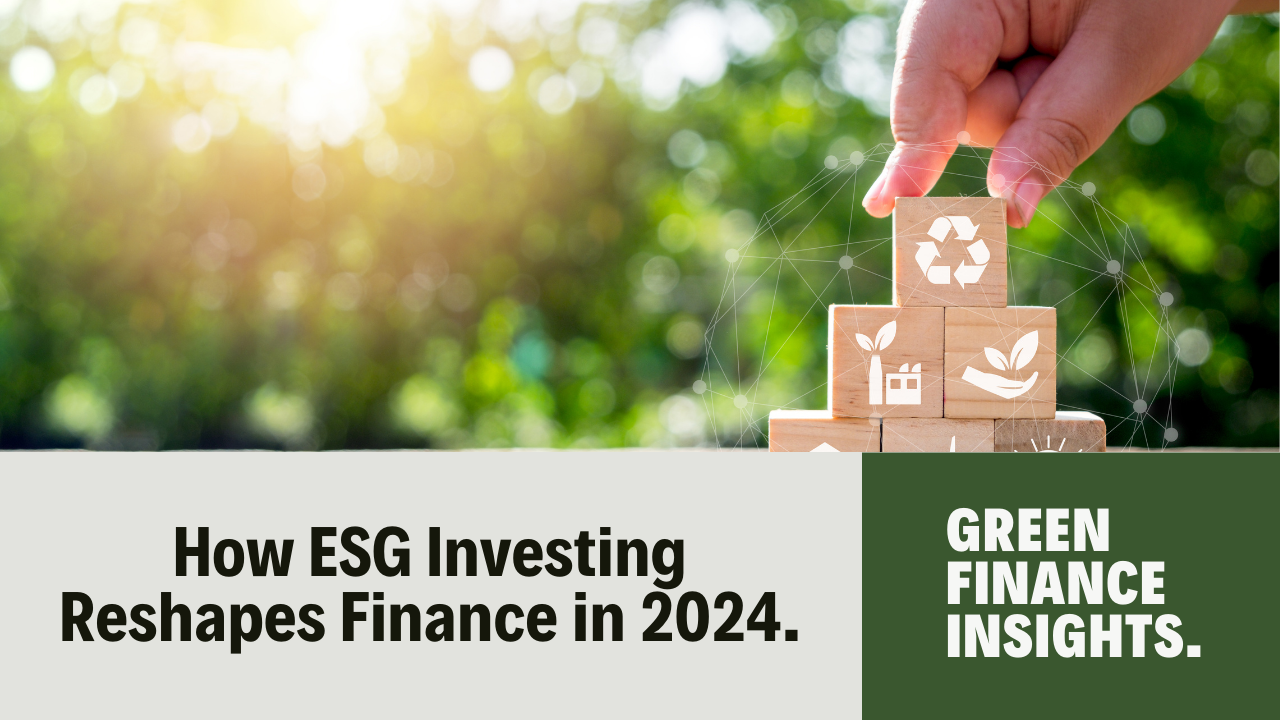Introduction: In the rapidly evolving financial landscape of 2024, ethical investment strategies are not just a trend but a necessity for savvy investors. This guide delves into how integrating Environmental, Social, and Governance (ESG) criteria can transform your investment approach, aligning financial growth with global sustainability goals.
Why Ethical Investment Matters: As awareness of global challenges such as climate change, social inequality, and corporate governance grows, investors are increasingly choosing to place their money where it can make a positive impact. Ethical investments offer the dual benefits of generating competitive financial returns while contributing to the societal good. These investments scrutinize companies based on their commitment to environmental protection, social justice, and ethical governance.
The Environmental Aspect: Investing with an environmental conscience means prioritizing companies that lead in sustainability initiatives. These include renewable energy firms, businesses focused on reducing carbon footprints, or companies innovating in recycling and waste reduction. Environmental criteria help investors avoid companies with poor environmental records, which often face regulatory penalties and reputational damage.
The Social Component: Social factors consider how a company treats people, both within and outside its corporate walls. This includes employee relations and diversity, supply chain labor standards, and the company’s stance on human rights issues. Companies excelling in these areas are often more resilient and show better operational performance, making them attractive investment choices.
Governance and Ethics: Governance involves ensuring that a company uses accurate and transparent accounting methods, practices fair executive compensation, and displays an overall lack of corruption. Strong governance can mitigate risks and add to a company’s long-term viability, thus securing investor confidence and potentially leading to greater returns.
How to Implement Ethical Investment Strategies: To effectively implement these strategies, investors should start by conducting thorough due diligence to ensure their investments align with their values. This can involve reviewing the sustainability reports of potential investment companies, assessing their ESG ratings from trusted sources, and considering the long-term implications of their corporate actions.
The Benefits of Ethical Investing: Apart from aligning investments with moral values, ethical investing often leads to higher returns. A strong ESG score can be an indicator of operational excellence and forward-thinking management—qualities that are crucial for long-term success. Additionally, by investing ethically, individuals and institutions can exert significant influence over business practices worldwide, promoting a shift towards more sustainable and equitable business practices.
Conclusion: As we move further into 2024, the call for responsible investing is louder than ever. By choosing ethical investment strategies, not only can investors reap the financial benefits, but they can also play a crucial role in driving positive change. The future of investing is ethical, and now is the time to adapt your portfolio to reflect not just your financial goals, but also your ideals for a better world.

